- Posted by Roxana, Ieva, and Paulo on March 25, 2022
Product survey 2021 results: Here's what you told us!
Here at Overleaf, your voice is important! ❤️ That’s why each year we conduct a very special study: our product survey! This year we wanted to understand a bit more about who our users are, their goals, as well as what impact our product and its features have on the community.
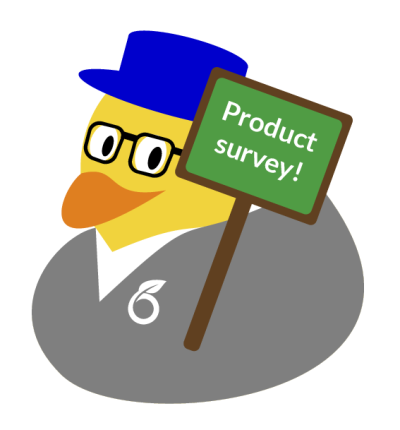
We had a fantastic engagement from our community, with nearly 3,000 responses from 95 countries! This is amazing and shows all the enthusiasm and trust you have with us! Thanks to everyone who helped us with the survey!
Let’s start with this fantastic bit: we reached an NPS score of 75, which means best of the best! For those of you who do not know about NPS, it is a market research metric on how likely users are to recommend a product or service to friends and colleagues, as well as how satisfied they are. This is huge! Thank you so much, we really appreciate it! And more importantly, it motivates us to make Overleaf ever better!
Did you know: there’s a variety of reasons why users use Overleaf — we’ve identified roughly 50 different reasons! That’s huge! The community is surely creative! Of course, the main reason is — yes, you’ve guessed it — to write articles and papers. Also, half of the survey respondents are writing dissertations and theses, and nearly half use Overleaf for curriculum writing and homework. Keep up the good work!
According to the survey, the top three most useful features are:
- Full document history: this feature allows you to view previous versions of your project. You can access the history and labelled versions, compare views, and also recover deleted files! It is indeed a killer feature! Users on our free plan can access edits made within the last 24 hours, while premium users have unlimited access!
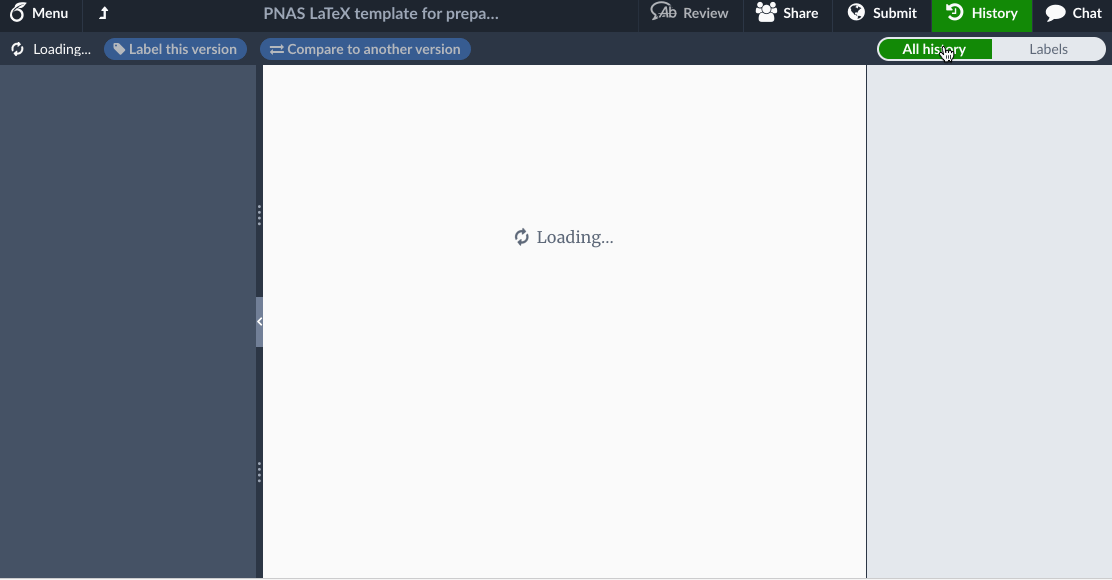
- Real time track changes: with this paid feature, you can check and manage changes made by some, or all, co-authors or those you have invited to review, or proofread, your work. At a glance you’ll see any revisions which you can also comment upon to suggest further changes, ask for clarifications, request sources and much else besides. It’s a neat feature!
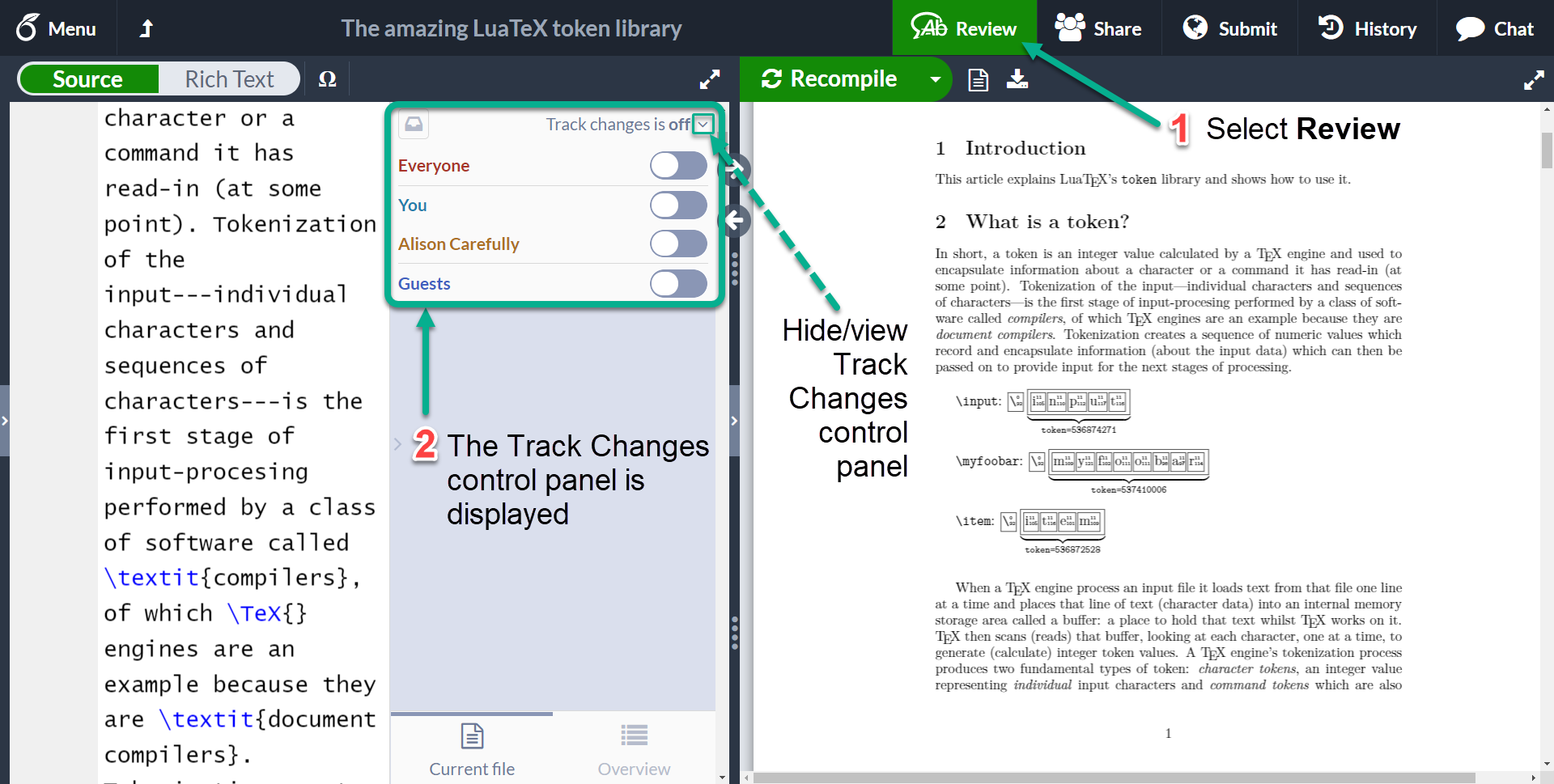
- Higher number of collaborators: as you know, Overleaf is free to use, while the paid subscription plans allow larger projects to compile, with a higher timeout limit. Also, according to your plan, you can invite more than one named collaborator to your projects: 6 collaborators per project for Student subscriptions, 10 for Collaborator subscriptions, and an unlimited number for Professional subscriptions. The more collaboration, the better! See the plans page for an overview of the available plans.
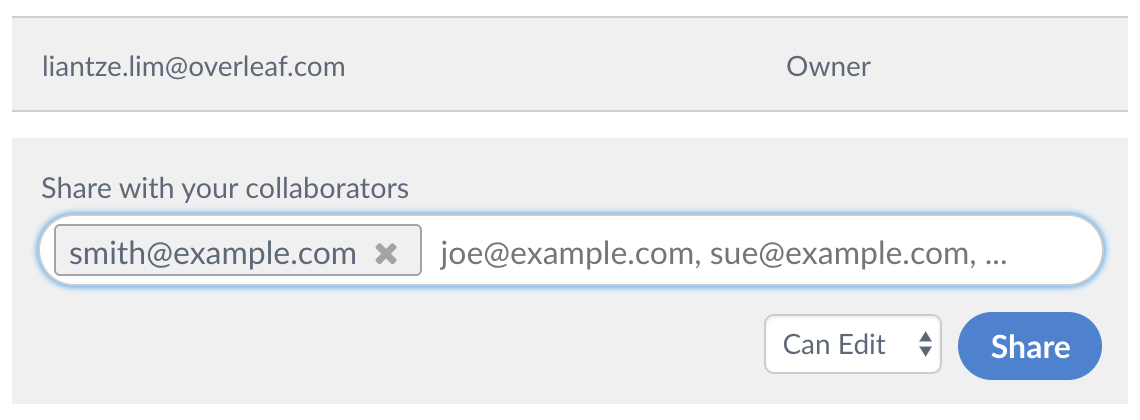
Indeed, those are great entries for a top three list! Along the same lines, the survey also indicated two overlooked features (hopefully, not anymore, after this blog post!):
- Advanced reference search: yes, that’s right! Overleaf lets you search your bibliography to quickly and easily insert the correct citation! As well as simple autocomplete of your bibliography keys, you can choose to search your bibliography entries by author name, title, publisher or year. This will save you time from wading through your .bib files looking for the right keys, or trying to remember them. *To access the search, press Ctrl + Space in the citation key autocomplete menu. Our survey indicated that 50% of premium subscribers who responded to the survey were unaware this feature existed!

- Synchronisation with reference managers: this overlooked feature is a timesaver! You can link Mendeley and Zotero to a paid Overleaf account and add and re-sync references imported into your projects! Note that if you don’t have a paid Overleaf subscription you can always export .bib data from these reference managers and upload the resultant .bib file into your Overleaf project. Cool, isn’t it?
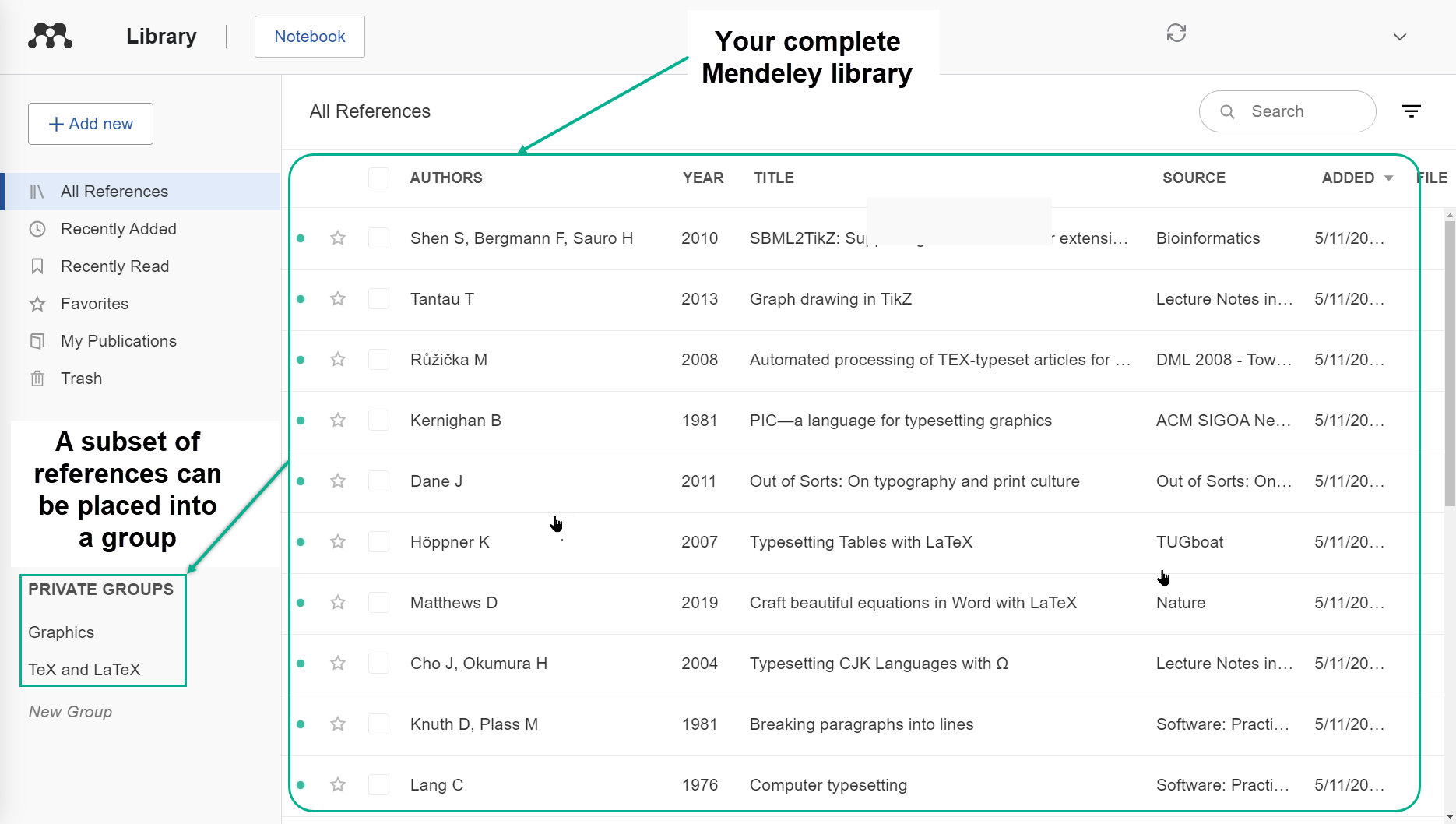
Speaking of overlooked features, did you know that only 55% of beginners who responded to the survey were aware of our rich text mode? Those who are aware of it are more likely to use it than expert and intermediate users. The rich text mode renders headings, formatting and equations directly in the editor, to make it seem more familiar to WYSIWYG users. This feature might be a compelling argument to convince your co-authors to use LaTeX!
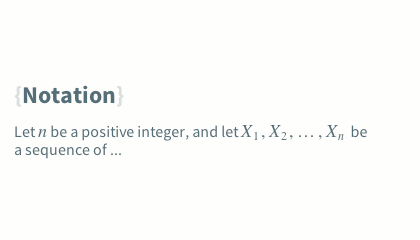
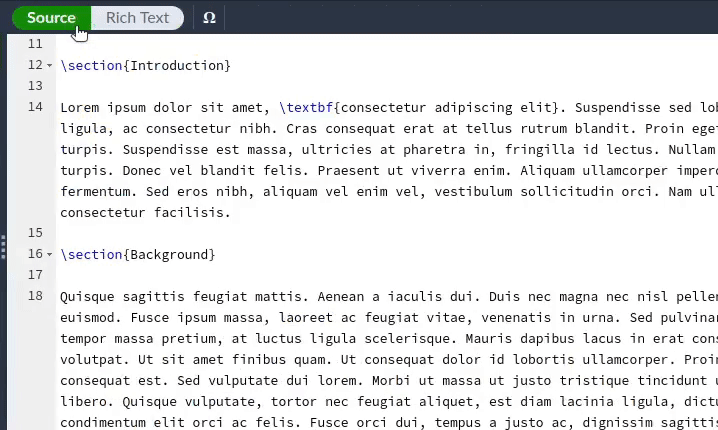
The survey also indicated that recaptcha and authentication are challenging points for many users. At Overleaf, security and confidentiality of your data are our top priorities. That said, we understand that those procedures might disrupt your workflow, so the team is working hard towards enhancing your experience using Overleaf while enforcing your privacy and security. We apologise for any inconvenience!
Hope you all enjoyed learning a bit about our product survey! All gathered data will help us shape our product roadmap and come up with a better experience using Overleaf! Stay tuned for updates throughout the year!
The product survey is officially over, but that shouldn’t stop you from talking to us! Feel free to reach out to us at welcome@overleaf.com and share your thoughts about your experience with Overleaf! Every word counts! You can also book and interview with our Product team, so we can dig a little deeper into your needs! And hey, you may also want to join our awesome Beta programme to get early access to new features! To a bright 2022!







